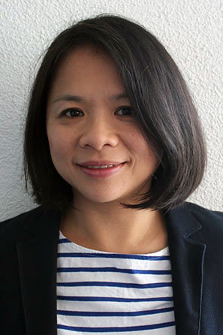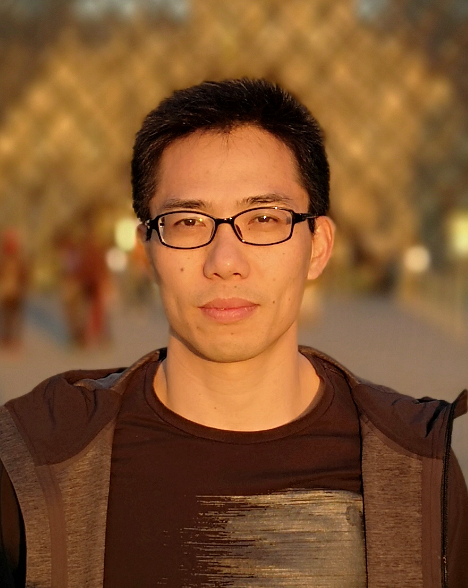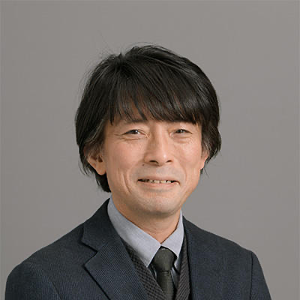Keynotes
We are proud to include three high-profile keynotes into our program:
Lydia Y. Chen (University of Neuchatal and Delft University of Technology) — Trustworthy Federated Learning Systems
Abstract: Federated learning (FL) is an emerging collaborative learning paradigm which enables data owners to extract knowledge and learn models jointly. FL empowers the model democracy by inviting the contribution of crowd and protects the data privacy by keeping the data on premise. In this talk, I will first discuss its worthiness and technical challenges on training diversified generative models through federated learning. Through concrete examples, I will then demonstrate the vulnerability issues stemming from the malicious crowd, covering poisoning attacks, freerider attacks, and data reconstruction attacks. I will conclude this talk with a discussion on the defense strategies to baffle adversaries and strengthen the trust of FL.

Biography:
Lydia Y. Chen is a Professor in the Department of Computer Science at the University of Neuchatel in Switzerland and Delft University of Technology in the Netherlands. Prior to joining TU Delft, she was a research staff member at the IBM Research Zurich Lab from 2007 to 2018. She holds a PhD from Pennsylvania State University and a BA from National Taiwan University. Her recent research interests are generative AI, distributed machine learning, dependability management, large-scale data processing systems and services.
She has published more than 100 papers in peer-reviewed journals and serves on the technical program committees of system and AI conferences and the editorial boards on multiple IEEE Transactions journals.
Jun Sun (Singapore Management University) — Towards Guaranteed AI Safety
Abstract: The opaque nature and intrinsic uncertainty of AI models pose significant challenges for their deployment in critical applications. These very traits, however, make them compelling—albeit formidable—candidates for formal analysis techniques, which seek to provide mathematically grounded guarantees about system behaviours. Yet, the lack of explicit logical structure in modern AI systems, particularly large-scale models, severely limits the applicability of traditional validation and verification techniques. In this talk, I will outline key challenges in achieving AI safety guarantees, and share emerging strategies and insights from our recent research aimed at addressing these obstacles.

Biography:
Jun Sun is a Professor at Singapore Management University (SMU). He earned his Bachelor’s and Ph.D. degrees in Computer Science from the National University of Singapore (NUS) in 2002 and 2006, respectively, and has been a faculty member since 2010. Professor Sun’s research interests span formal methods, AI safety, software engineering, and more. He is passionate about designing algorithms to solve challenging real-world problems and is equally devoted to enjoying life.
Professor Sun has published many journal articles and conference papers. His work has been recognized with ACM Distinguished Paper Awards multiple times. For more information, please visit his website: https://sunjun.site. .
Satoshi Kurihara (Keio University) — Towards a Life with BuddyAI for a Symbiotic Society of Humans and Next Generation AI
Abstract: The role of AI as a tool is now coming to an end, and AI is beginning to evolve into something that thinks and acts autonomously. In doing so, we must not allow autonomous AI to emerge solely to satisfy human selfish desires. The AI we must construct is one that can engage in empathetic interaction with humans. Empathetic interaction refers to executing appropriate interactions at the right time based on an estimation of the other party’s situation, internal mental state, and emotions. In this lecture, we will explore the technologies required to realize such AI and consider the ideal society where humans and AI coexist. I will also discuss the emergent mechanisms that may give rise to ASI (Artificial Super Intelligence) in the future.
 Biography:
Biography:
Professor Satoshi Kurihara is a professor in the Department of Industrial and Systems Engineering at Keio University’s School of Science for Open and Environmental Systems. His research is primarily focused on Artificial Intelligence (AI) with the goal of fostering a coexisting relationship between humans and AI, and also encompasses other fields, including complex network science, computational social science, ambient computing, and distributed autonomous systems.
More information is available from https://www.ai.comp.ae.keio.ac.jp/